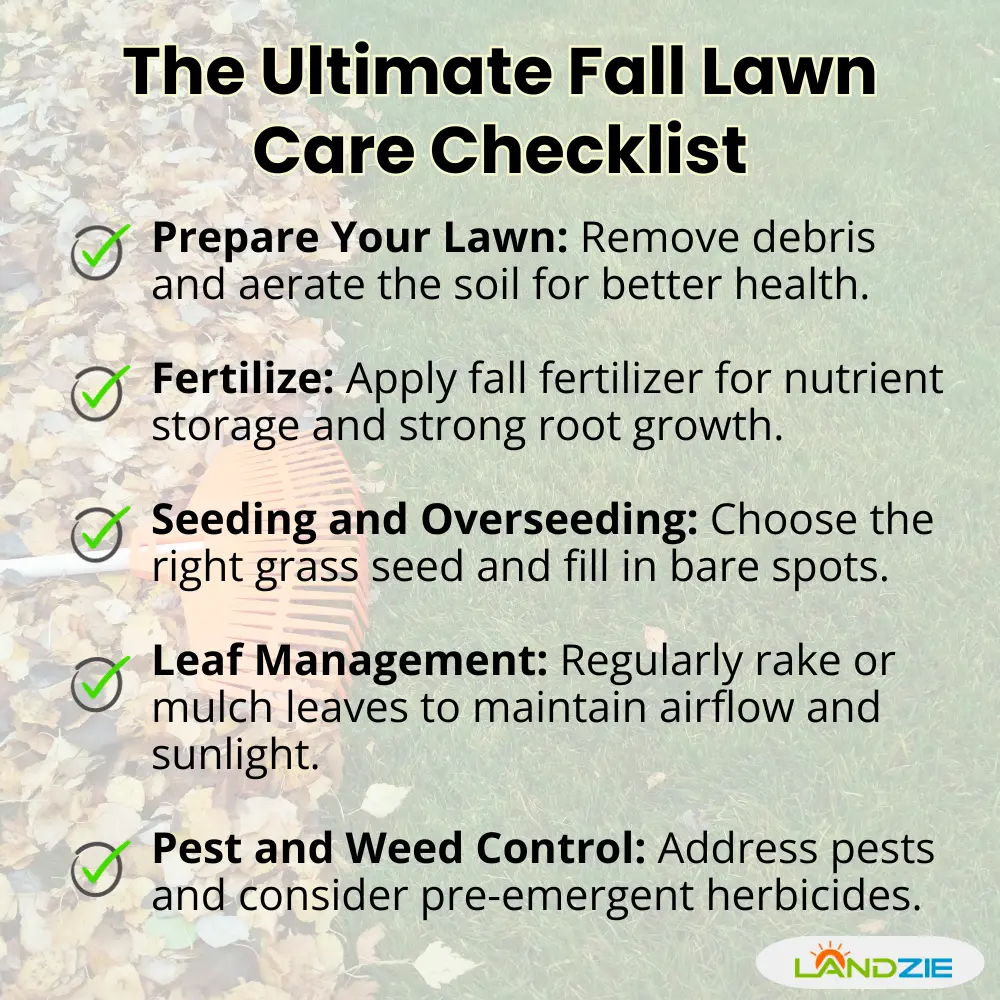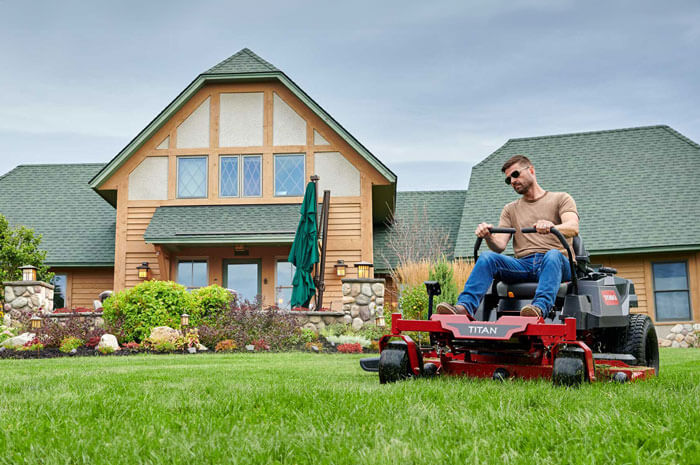Spring is here! It’s time to get your lawn ready for growth. Follow this easy checklist to prepare your lawn. A little work now means a beautiful lawn later.
1. Clean Up Your Lawn
Start by cleaning up your lawn. Remove leaves, sticks, and debris. This helps the grass breathe and grow better.
2. Rake Your Lawn
Rake your lawn to remove dead grass and thatch. Thatch is a layer of dead grass and roots. It can stop water and nutrients from reaching the soil.
3. Aerate Your Lawn
Aeration helps your lawn breathe. It allows water, air, and nutrients to reach the roots. You can rent an aerator or hire a professional.
4. Test Your Soil
Testing your soil is very important. It tells you what nutrients your lawn needs. You can buy a soil test kit or send a sample to a lab.
5. Fertilize Your Lawn
After testing, apply the right fertilizer. Fertilizer helps your grass grow strong and healthy. Follow the instructions on the bag for best results.
6. Seed Your Lawn
If your lawn has bare spots, seed them. Choose the right grass seed for your area. Water the seeds regularly to help them grow.
7. Water Your Lawn
Water your lawn regularly. Early morning is the best time to water. Water deeply but not too often to encourage deep roots.
8. Weed Control
Weeds can take over your lawn. Use a weed killer or pull them by hand. A healthy lawn will have fewer weeds.
9. Mow Your Lawn
Mow your lawn regularly. Keep the mower blade sharp. Don’t cut the grass too short, as this can stress the grass.
10. Edge Your Lawn
Edging your lawn makes it look neat. Use an edger or a spade to create clean lines. This also helps to keep grass from spreading into flower beds.
11. Mulch Your Garden Beds
Mulching helps retain moisture and prevents weeds. It also makes your garden beds look tidy. Use organic mulch like wood chips or straw.
12. Check for Pests
Look for signs of pests. Pests can damage your lawn. If you find pests, use an appropriate treatment to get rid of them.

Credit: landzie.com

Credit: www.yardcare.com
13. Trim Trees and Shrubs
Trim back any overgrown trees or shrubs. This allows more sunlight to reach your lawn. It also helps to keep your landscape looking neat.
14. Maintain Your Lawn Equipment
Check your lawn equipment. Make sure everything is in good working order. Clean and sharpen mower blades for a better cut.
15. Create a Lawn Care Schedule
Create a schedule to keep your lawn healthy. Regular maintenance is key to a beautiful lawn. Stick to your schedule for the best results.
Spring Lawn Care Checklist Summary
| Task | Description |
|---|---|
| Clean Up | Remove leaves, sticks, and debris |
| Rake | Remove dead grass and thatch |
| Aerate | Helps water, air, and nutrients reach roots |
| Test Soil | Find out what nutrients your lawn needs |
| Fertilize | Apply the right fertilizer for growth |
| Seed | Fix bare spots with grass seed |
| Water | Water deeply but not too often |
| Weed Control | Remove weeds to keep lawn healthy |
| Mow | Regular mowing keeps grass healthy |
| Edge | Create clean lines around your lawn |
| Mulch | Retain moisture and prevent weeds |
| Check for Pests | Look for signs of pests and treat |
| Trim Trees | Trim overgrown trees and shrubs |
| Maintain Equipment | Check and clean lawn equipment |
| Schedule | Stick to a regular lawn care schedule |
Frequently Asked Questions
What Is The Best Time To Aerate My Lawn?
Early spring is ideal for aerating your lawn to promote healthy growth.
How Often Should I Mow My Lawn?
Mow your lawn once a week during the growing season for optimal health.
Should I Fertilize My Lawn In Spring?
Yes, apply a balanced fertilizer in early spring to encourage robust growth.
How Do I Control Weeds In Spring?
Use a pre-emergent herbicide to prevent weed seeds from germinating in early spring.
Conclusion
Spring lawn care is essential for a beautiful lawn. Follow this checklist to prepare your lawn for growth. With a little effort, your lawn will be the envy of the neighborhood.
